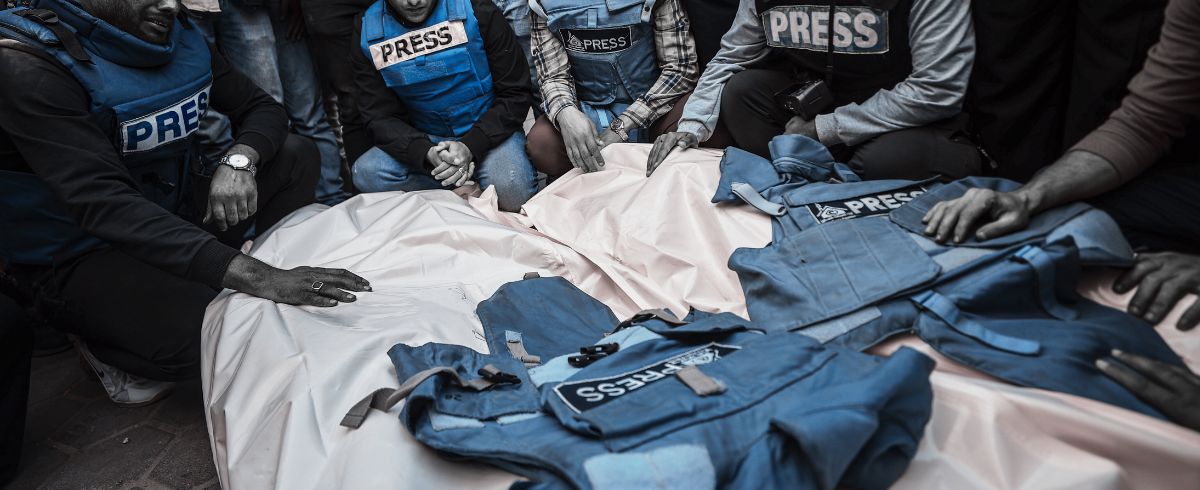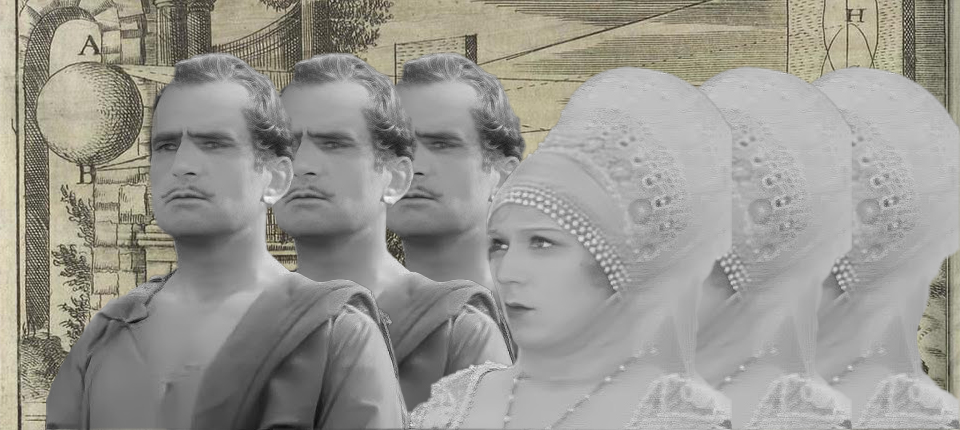Mary Wollstonecraft – an unmarried, middle-class Englishwoman without a formal education – secured her place in the canon of political and economic theory by writing the first book-length response to Edmund Burke’s Reflections on the Revolution in France (1790). Her first political masterpiece, A Vindication of the Rights of Men, appeared within a month of Burke’s Reflections, but it is much more than just a critique of the leading ideological attack on the French Revolution. It rejected Burke’s traditionalism in favour of a virtuous republican ethos; and in doing so, as Catherine Packham argues in Mary Wollstonecraft and Political Economy, it set the stage for its author’s development of a proto-feminist system of political-economic thought that demonstrated how hereditary property and rank damaged the most vulnerable in society, particularly women, children, the poor and the enslaved.
Packham contributes significantly to scholarship by setting Wollstonecraft’s achievement in the context of various Enlightenment schools of “political economy”. In eighteenth-century Europe, political economy was a concept with a broader remit than the quantitative economics of the twenty-first century: “At its heart was nothing less than understanding the shape and operation of society in its modern commercial form (and potentially also its reformation), and specifically how it met the needs, comforts, and even happiness of the population”.
With this appealing definition in mind, Packham compares and contrasts Wollstonecraft with a range of contemporary writers who took diverse approaches to the theory and practice of political economy, including Jean-Jacques Rousseau, Burke, Adam Smith, Richard Price and the moderate liberal Girondists of early revolutionary France. Most innovatively, Packham shows how her subject’s biography intersects with her political-economic thought. In her chapters on An Historical and Moral View of the Origin and Progress of the French Revolution (1794) and Letters Written during a Short Residence in Sweden, Norway, and Denmark (1796), she underscores how Wollstonecraft’s lover Gilbert Imlay and his fellow American commercial enterpriser and friend Joel Barlow shaped her practical and critical thinking about modern commercial society. In particular, these men’s opportunistic business dealings in the post- revolutionary black market led Wollstonecraft to develop a critical account of how commercial modernity persisted in privileging the interests of men over and against women, children, the poor and nature itself.
Packham’s book opens up new questions for Wollstonecraft studies without providing all the answers. It does not chart, for example, the reception of Wollstonecraft’s political-economic thought from nineteenth-century utilitarianism to G. E. G. Catlin’s publication, in 1929, of a dual edition of A Vindication of the Rights of Woman (1792) alongside J. S. Mill’s The Subjection of Women (1869) for Everyman’s Library. Although Packham concludes with a glance at the differences between Wollstonecraftian thought and post-Millian political economics, she does not explore the most important synergies between them, including the work of Amartya Sen and his influence on the feminist liberal capabilities approach to women and human development pioneered by Martha C. Nussbaum. In The Idea of Justice (2009), Sen used Wollstonecraft and Smith as his primary inspirations for developing a more practical, culturally rooted political-economic theory of justice, as an alternative to the analytical and abstract liberal model of John Rawls.
Wollstonecraft has often been yoked together with Smith, but Packham makes clear that there is more to say about her work in relation to the Scottish Enlightenment and to other eighteenth-century Scottish theorists of the relationship between women’s social status and economic development. Mary Wollstonecraft and Political Economy also suggests the need for reconsideration of the place of rights in Wollstonecraft’s political thought and in subsequent feminism. How are we to reconcile her interest in the reform of “female manners” and culture with her concern to articulate the universal “rights of humanity” in law and post-revolutionary republican political institutions?
This question may be a Wollstonecraftian equivalent to the idea of an “Adam Smith problem” – a problem arising from something in her key works that seems inconsistent or unresolved. (In Smith’s case the problem was really a misunderstanding among later German students of his work, but ultimately a productive one.) Packham focuses more on the reform of female manners than on the rights of humanity, setting her apart from the recent scholarly trend. Yet there is clearly more to be said, and more work to be done, on Wollstonecraft’s duty-based theory of rights and its relation to her theory of property and culture, especially as it figures in the Rights of Men and its philosophical expansion, the Rights of Woman.
Wollstonecraft inspired abolitionist, anarchist, socialist, liberal and radical strands of feminism from the 1790s to the present; Catherine Packham leads readers to ask what the “feminist” dimension of Wollstonecraft’s critique of commercial modernity means today. Provocatively, although it could have done more to fill in the gaps between her time and ours, this book ties Wollstonecraft to contemporary gender theory and climate change activism. Its most ingenious chapter, meanwhile, is on the posthumously published The Wrongs of Woman; or, Maria (1798). Wollstonecraft’s gothic novel here appears as a critique of commercial society’s exploitation of women’s bodily vulnerability and mental credulity in the face of the prison-like system of patriarchal manners and patrilineal inheritance. Mary Wollstonecraft and Political Economy suggests convincingly that the implications of her far-seeing critique of patriarchy and property for the study of gender, race, ethnicity and politics are legion.
Eileen M. Hunt is a Professor of Political Science at the University of Notre Dame. She is the editor of Portraits of Wollstonecraft: The making of a feminist icon, 1785 to 2020, 2021, and the author of The First Last Man: Mary Shelley and the postapocalyptic imagination, 2024
The post Property rights and wrongs appeared first on TLS.

 By Times Literary Supplement | Created at 2024-10-29 21:41:40 | Updated at 2024-10-30 15:26:03
2 weeks ago
By Times Literary Supplement | Created at 2024-10-29 21:41:40 | Updated at 2024-10-30 15:26:03
2 weeks ago



